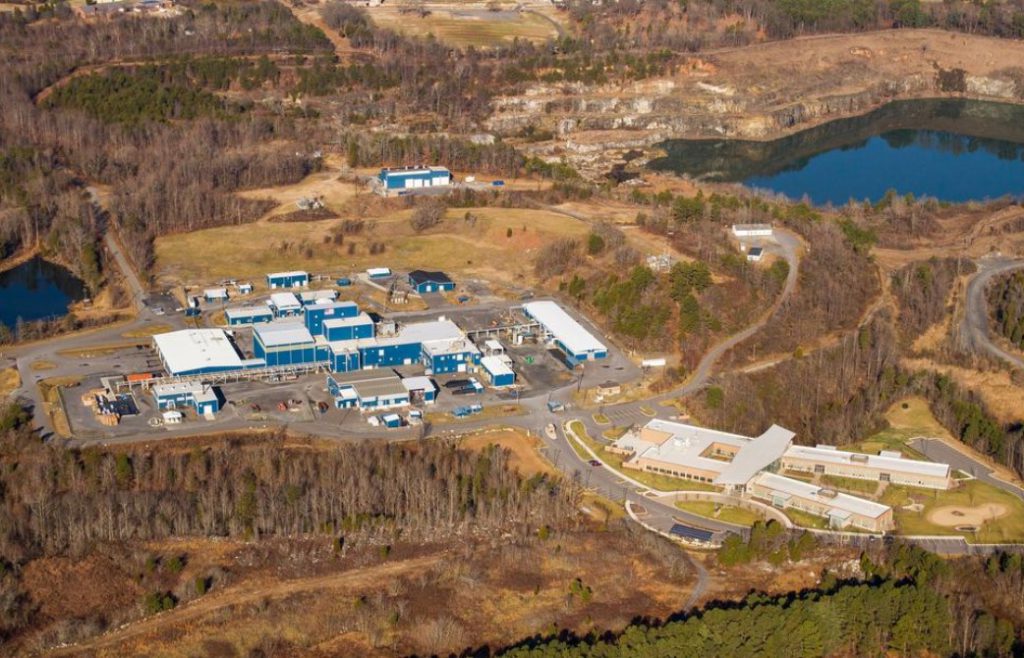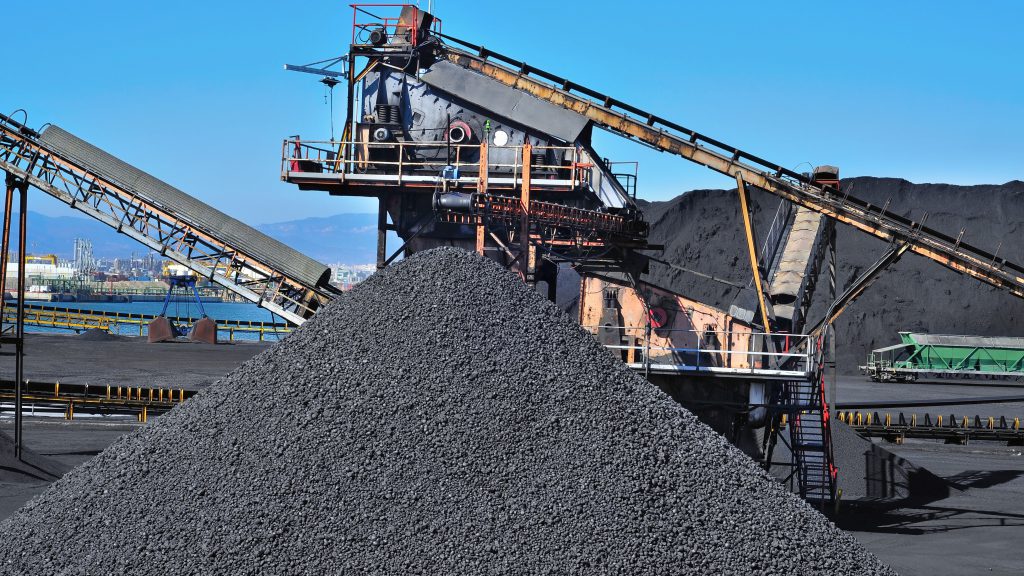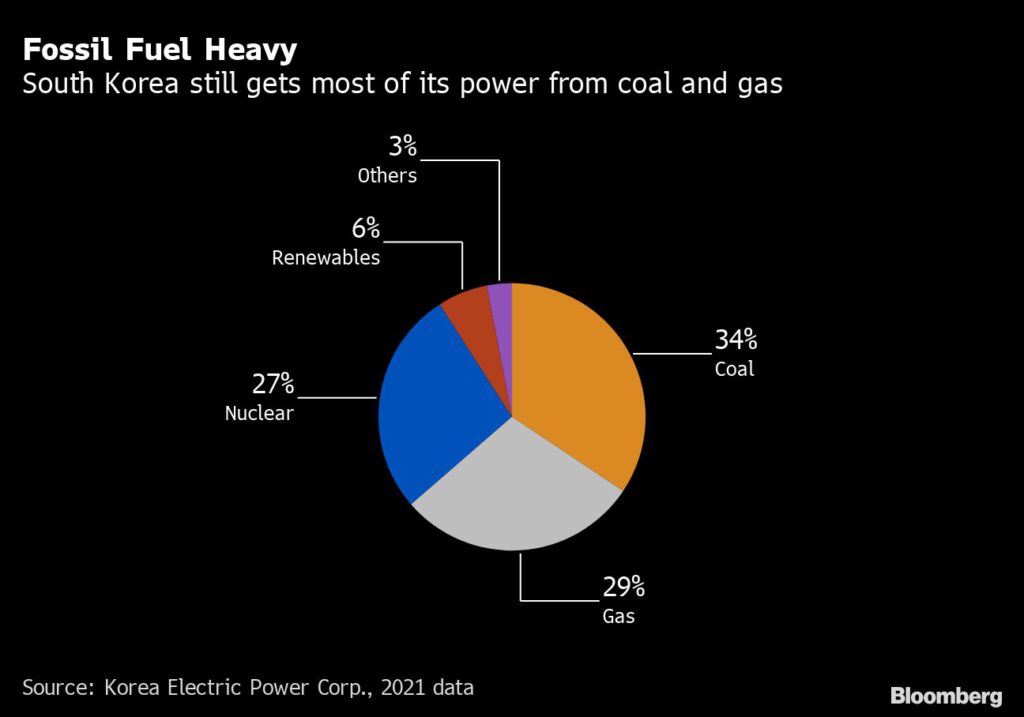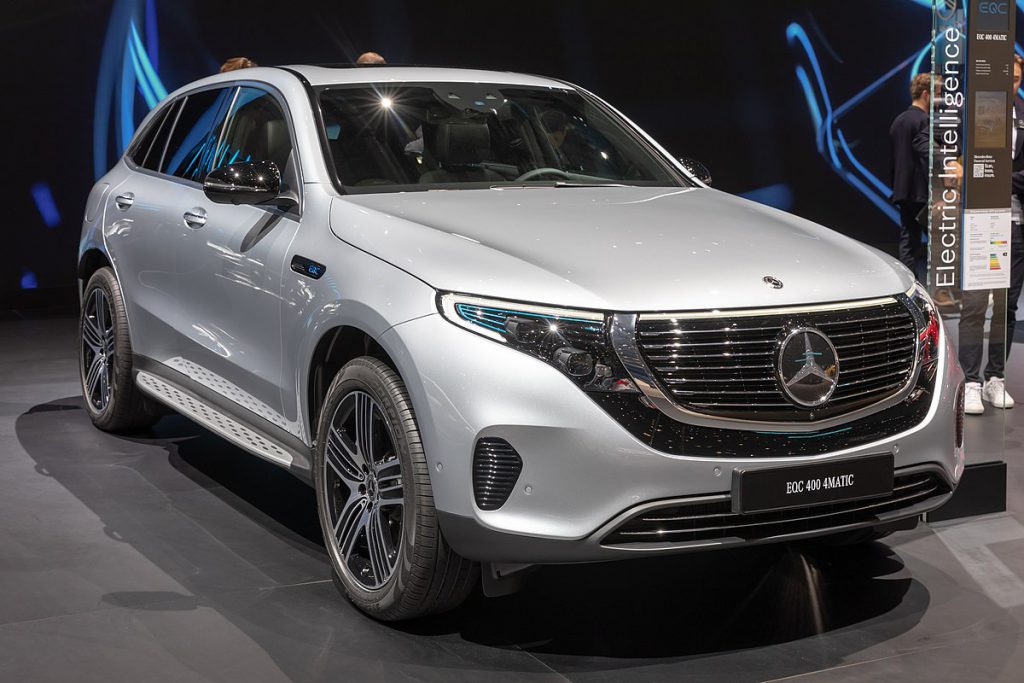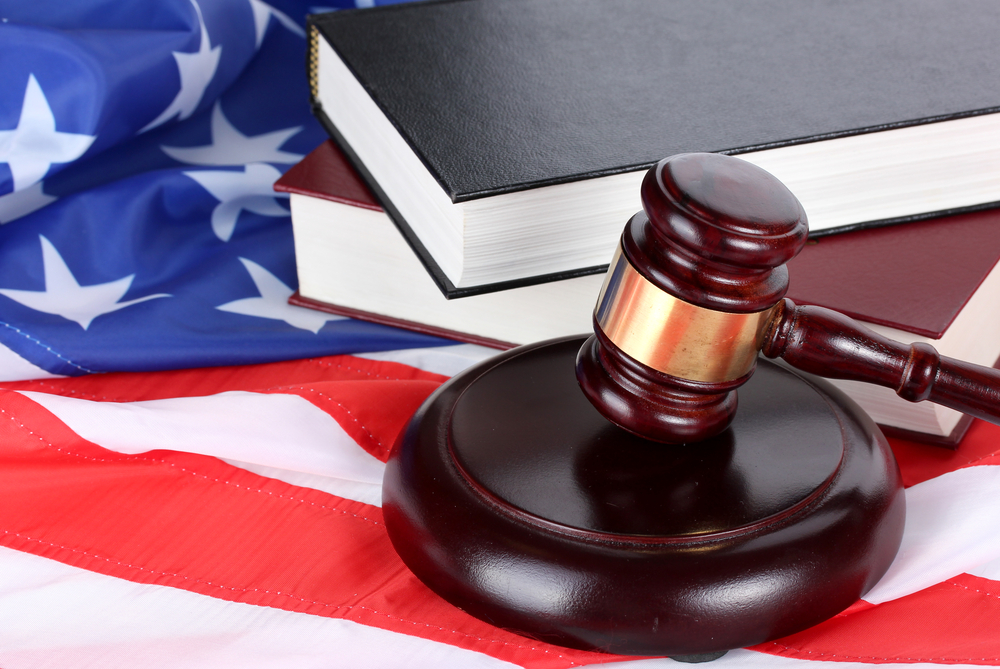On July 23, 2022, the WHO declared monkeypox a global public health emergency, but access to testing and vaccination is still limited. The struggle to fight the spread of monkeypox is inextricably linked to the fight against homophobia, racism, and imperialism.
K.S. Mehta July 31, 2022
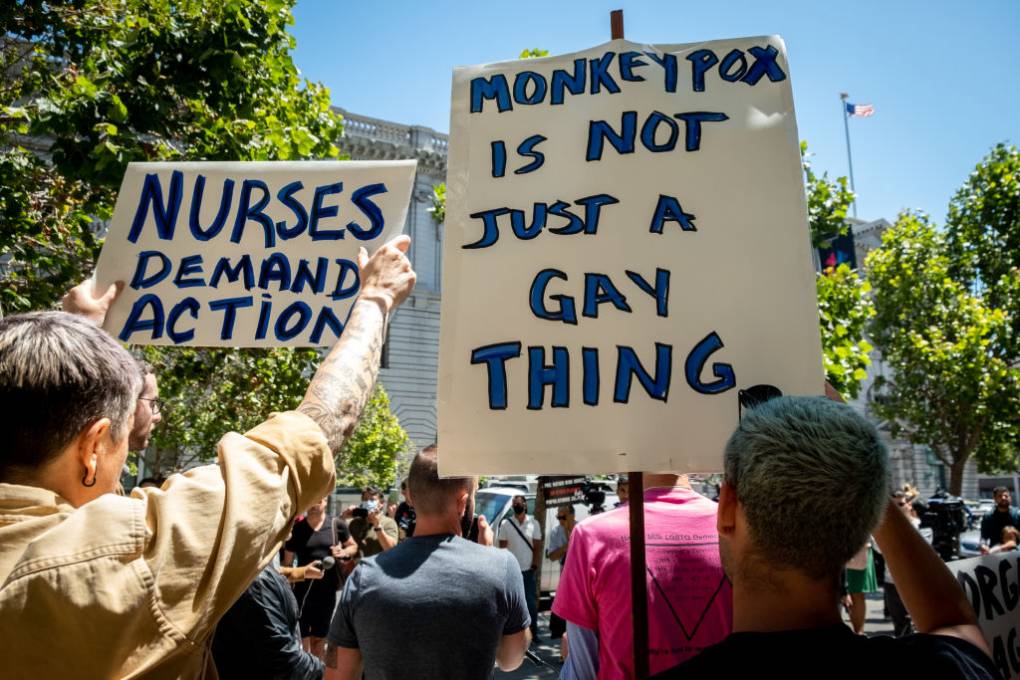
On July 23 2022, the WHO declared monkeypox a global public health emergency. As of July 29, there have been almost 18,000 confirmed global cases with over 5,000 in the U.S. Within the U.S., almost a third of confirmed cases are in New York state alone and a state of emergency was declared in NYC on Saturday, July 30. Similarly to the early days of the coronavirus pandemic, there is a shortage of testing and it is likely that the number of cases is being underreported.
Monkeypox spreads in humans through direct contact with the infectious rash, scabs, or body fluids, respiratory secretions during prolonged face-to-face contact, or during intimate physical contact, such as kissing, cuddling, or sex, and/or touching items (such as clothing or linens) that previously touched the infectious rash or body fluids. It can spread from the time that symptoms start until the rash has fully healed and a fresh layer of skin has formed, which can be anywhere between two to six weeks. There are currently two approved vaccines being used to prevent monkeypox — JYNNEOS, which has been approved for use to prevent monkeypox and smallpox but is in limited supply, and ACAM2000, which the government has more of. ACAM2000 is currently only approved for smallpox use, is being used on an Expanded Access Investigational New Drug application, and should not be used in people who have certain health conditions, including a weakened immune system or skin conditions like atopic dermatitis/eczema, as well as during pregnancy. Due to the limited supply of vaccines, more are being given as post-exposure prophylaxis (PEP), or giving the vaccine after a confirmed monkeypox exposure, ideally within 4 days to prevent illness, or as individual-directed PEP also known as expanded PEP (PEP++), which attempts to reach people that have certain risk factors for monkeypox without a documented exposure. Not as many people have been able to get the vaccine as a form of pre-exposure prophylaxis (PrEP), or getting the vaccine before a known exposure to prevent the disease from taking hold.
Currently, 99 percent of cases outside of Africa are being reported by gay and bisexual men, and particularly those who have had multiple sexual partners in the 2 weeks prior to testing positive for monkeypox. In New York City, limited vaccine doses have been prioritized for folks that meet the following criteria: gay, bisexual, or other man who has sex with men, and/or transgender, gender non-conforming, or gender non-binary, age 18 or older, and have had multiple or anonymous sex partners in the last 14 days. Vaccination is especially recommended for those whose partners are showing symptoms of monkeypox, who met recent partners through apps or social media platforms (such as Grindr, Tinder or Scruff), or at clubs, raves, sex parties, saunas, or other large gatherings, or who have a condition that may increase risk for severe disease if infected with monkeypox virus, such as HIV. On the evening of Friday, July 22, 17,000 vaccine doses were made available to NYC residents who met this criteria, and all appointments were gone within minutes.
Unlike coronavirus, the virus that causes monkeypox is a known vector and was identified in the 1970s. There are proven vaccines that have already been developed and formulated that have shown up to 85 percent efficacy in preventing monkeypox. However, there have not been enough vaccine doses, and the U.S. is not slated to receive any more shipments of the vaccine for another three months. With the latest shipments, there are only enough vials of the two-dose Jynneos vaccine to cover about a third of the estimated 1.6 million gay and bisexual men who are considered highest risk. With cases approximately doubling every two weeks, not having enough vaccines decreases the likelihood of viral containment and increases the number of people likely to contract the virus. In areas like Washington D.C. and NYC where the virus is already prevalent, only one dose of the two-dose series JYNNEOS vaccine is being given out, against regulators’ advice due to limited supply.
While it is important from a public health perspective to prioritize the people who have the greatest risk, there should be enough vaccines to give as PEP and PrEP to everyone that needs them. While monkeypox has currently been primarily affecting queer men, it will eventually reach everyone if the spread remains unmitigated, as it is possible for anyone to have direct contact with a person who is having symptoms. The scarcity is artificial; the suffering that has already occurred and that will continue to occur is unnecessary. The WHO, CDC, and FDA did not value the lives of gay and bisexual men in 1981, and they certainly do not value them 40 years later. We have seen how messaging advising gay and bisexual men specifically, along with queer and trans people more broadly, to abstain from sexual activity or avoid congregating creates, deepens, and entrenches stigma towards these communities. We do not need to rehash the early days of HIV, the echoes of which continue into the present, of blatant homophobic discrimination being justified in the interest of health and safety. Yes, people should take preventative measures as much as they can. But these preventative measures also require support and resources like vaccination, expanding Tetris (or testing, tracing, and isolation), and designated quarantine facilities. Placing the onus on individual queer people absolves the capitalist government of any responsibility they have in this public health emergency while furthering their agenda of pushing queer and trans people to the margins, as they are doing with the attacks on trans children.
The fact that it has taken the U.S. so long to release stockpiled vaccines and order production of more vaccines is unacceptable. The limited supply of existing tests and lack of effort to ramp up production and/or potentially develop less invasive testing is unacceptable. The fact that a national state of emergency has not yet been declared is unacceptable. All of these failures reflect the inability of capitalism yet again to contain the crisis, let alone actually address it. No lessons have been taken from the coronavirus pandemic, and once again we find ourselves powerless against a disease that could have been tested, traced, vaccinated against, and even contained given appropriate early intervention.
Dr. James Lawler, co-director of the University of Nebraska’s Global Center for Health Security, estimated that the delay in recognizing the disease means that it might take a year or more to control the outbreak, with monkeypox likely to have infected hundreds of thousands of people and exist permanently in some countries by that point. If it is this difficult to get an appointment for a monkeypox vaccine in New York City, a city with the second largest public health budget in a country in the heart of the imperial core, this can mean further devastation on top of the inequity of Covid-19 vaccine rollout and distribution for people in the Global South. Monkeypox has been endemic to West and Central Africa for decades, and the fact that it has persisted for so long reflects the deleterious consequences of under vaccinating countries in the Global South against smallpox. When outbreaks occurred in the Democratic Republic of the Congo from 2005-2007 or in Nigeria in 2017, the Global North was unfazed. Case counts are now three times higher than normal in Africa, with very limited access to vaccines and antiviral treatments anywhere on the continent. But now, as monkeypox cases rise globally, the Global North will prioritize securing limited vaccines for itself and leave the Global South to suffer.
As microbiology professor at NYU Joe Osmundson remarks in his interview for Democracy Now:
Infectious diseases show us that borders are meaningless. Viruses will spread because people interact around the world. It is our obligation to care for human suffering everywhere, not just because it will prevent us from potentially getting sick, but because human suffering is human suffering. So there is absolutely an issue with countermeasures, including vaccine and treatment globally. And capitalism does not set us up well to care for everybody. It is not a way to make a profit. But in our increasingly warming and increasingly interconnected world, we are going to see more of these crises. This is not a viral crisis; this is a crisis of late capitalism.
The struggle to fight the spread of monkeypox is inextricably linked to the fight against homophobia, racism, and imperialism. We must fight attacks on the lives of queer and trans people and the stigmatizing discourse that portrays monkeypox as an exclusively sexually transmitted disease among gay and bisexual men. We must fight against vaccine imperialism that will try to funnel limited resources to the Global North while prolonging and worsening the outbreak in African countries. In the short term, we must advocate for ramping up and expanding the production and distribution of the smallpox vaccines currently being offered to prevent monkeypox, and bolstering testing, tracing, and isolation measures. In the longer term, we need to fight for free universal healthcare under worker and community control and paid sick leave to make all testing and healthcare treatment free, allow those affected by the spread of this virus to make democratic decisions about how to respond, and give those who do contract the virus the time that they need to recover safely. The coronavirus pandemic has laid bare the inability of the capitalist government to coordinate a public health response and keep people safe. While there are many epidemiological differences between the spread of monkeypox and the coronavirus, one shared conclusion is imperative to draw: we need a society that values public well-being over private profit, and puts resources towards developing and maintaining that well-being. The capitalists had their chance to do this and failed; we must organize as the working class to destroy the capitalist system before more pandemics arise that destroy us.
K.S. Mehta is a research assistant in New York City.




